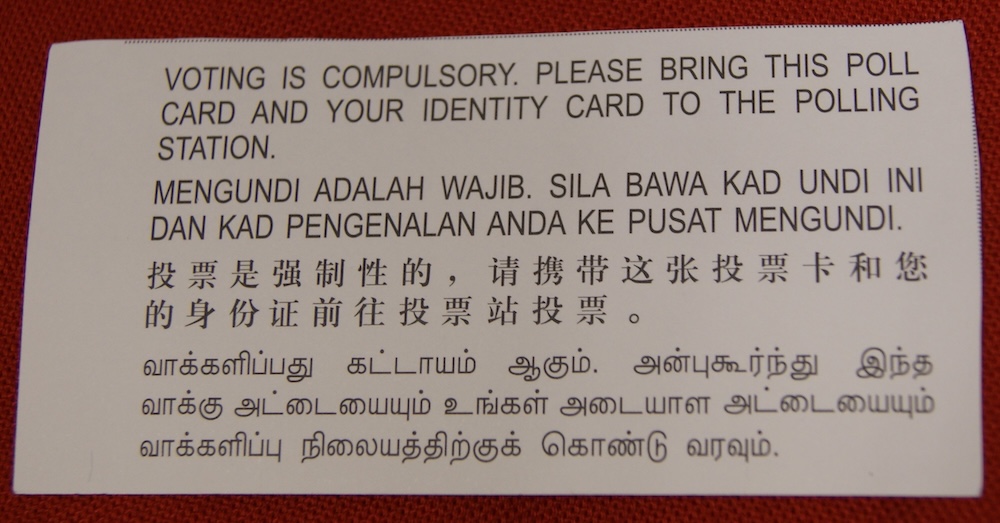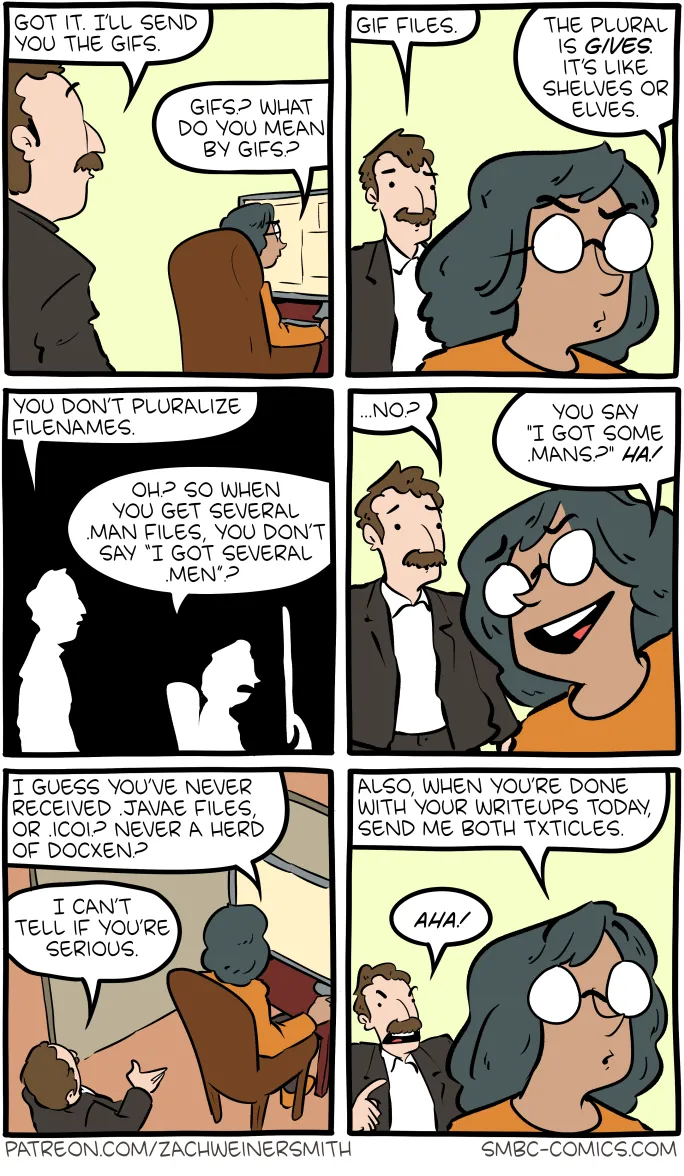The origin of "thing" in Chinese
I recall that when I began learning Mandarin, one of the things (!) that troubled me greatly was why the word for "thing" was written with the characters for "east" and "west": dōngxi 東西. My classmates came up with all sorts of outlandish, speculative explanations for the supposed etymology. All along, I suspected that the meaning "thing" for the disyllabic word dōngxi 東西 was not derived from the characters used to write it but was the phonetic reflection of a borrowing or the representation of some colloquial, topolectal term.
From Mok Ling:
A friend of mine, Lucy, is in a Mandarin learning group. She told me about the bizarre etymology she was taught for the word dōngxi 東西. Apparently, 東西 being used to mean "thing, item" is based on the conception of the Five Phases (wǔxíng 五行 [VHM: formerly translated as Five Agents or Five Elements, which brings out the correspondences with the Four Elements of Western classical thought, also in the metaphysics of Indian, Tibetan, and other cultures]): East is represented by the element of Wood (木) and West is represented by the element of Metal (金). Objects are made of metal and wood, therefore "east-west" became a shorthand "thing" — obviously pretty ridiculous.
Read the rest of this entry »

